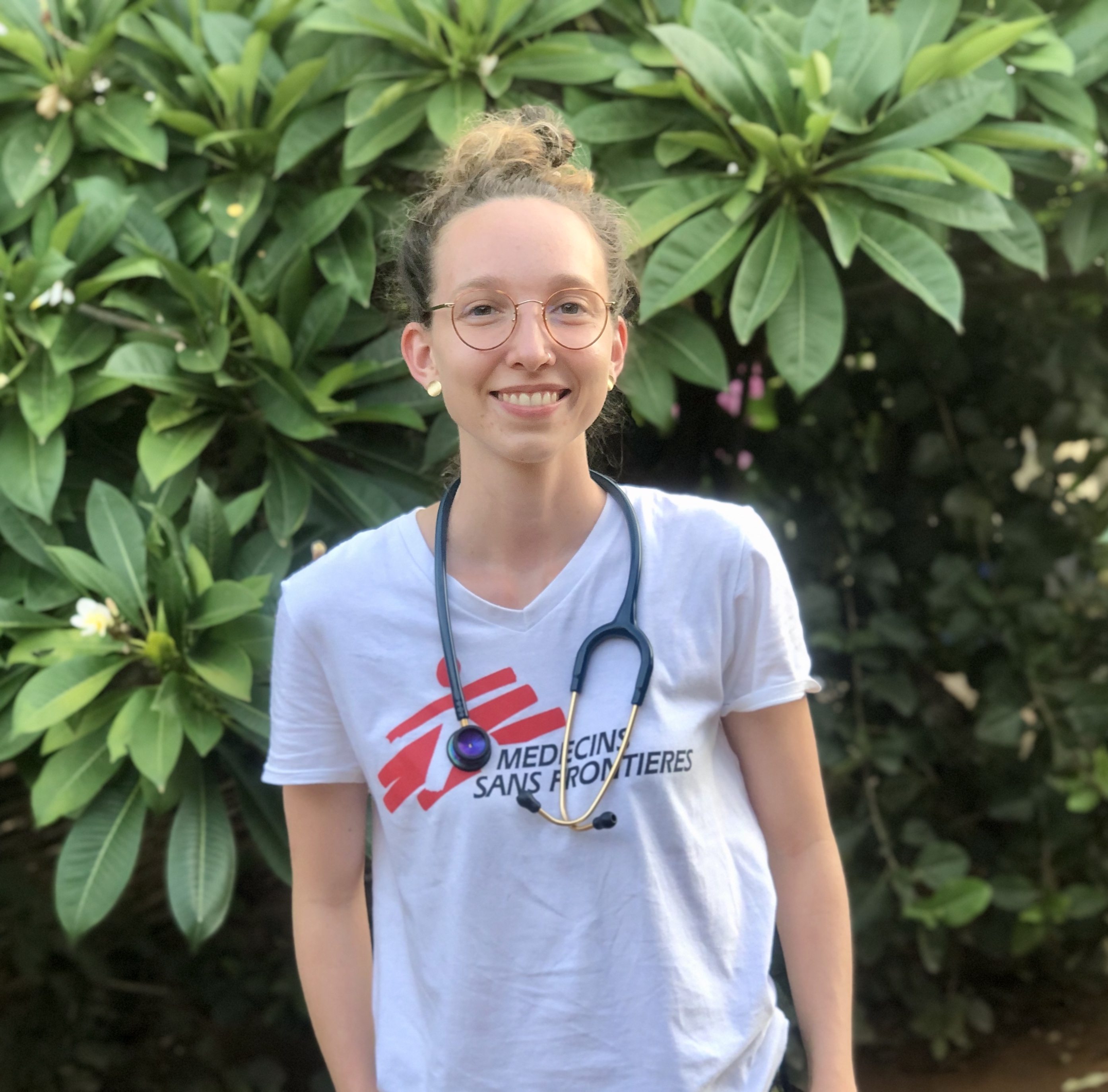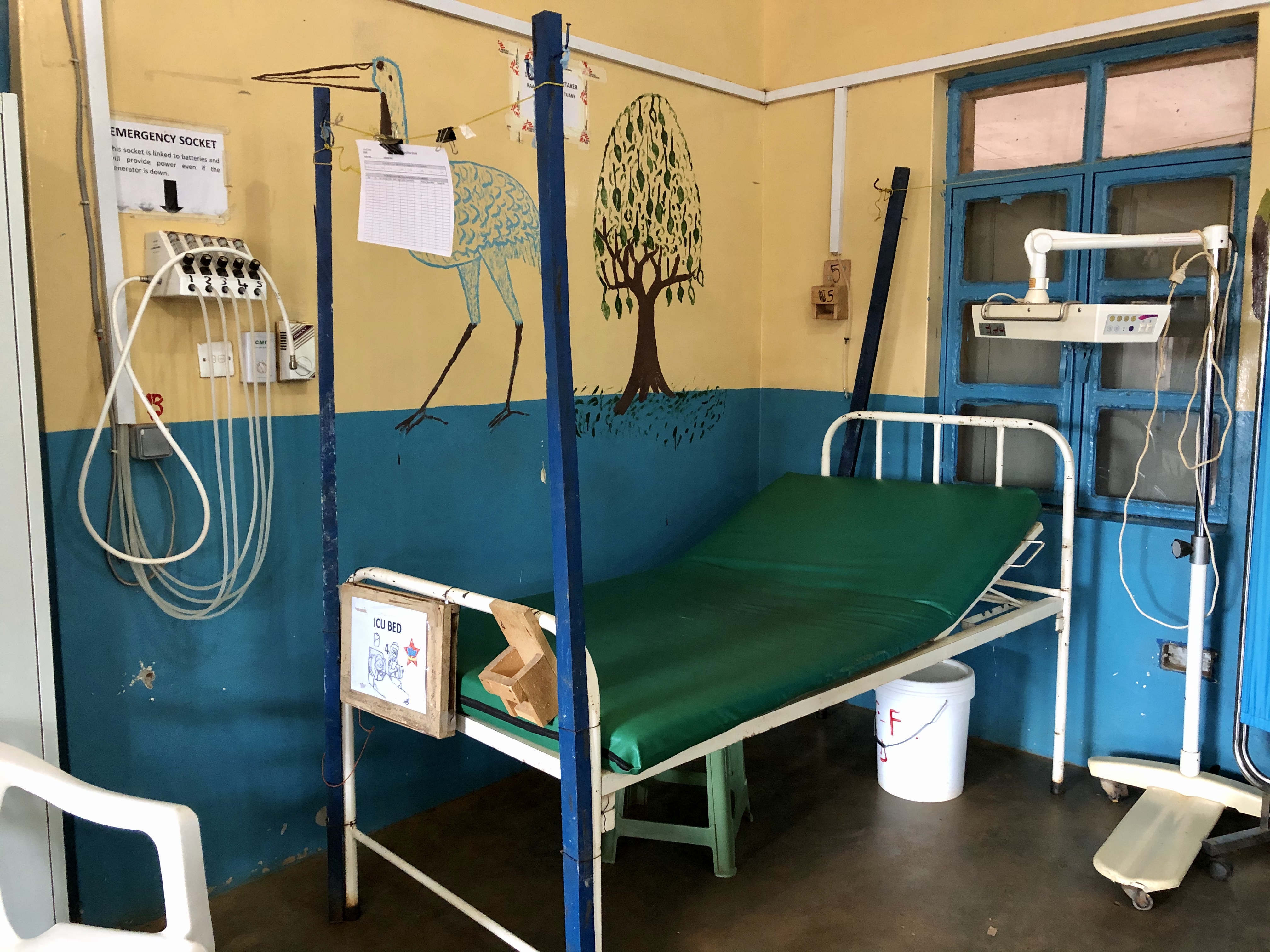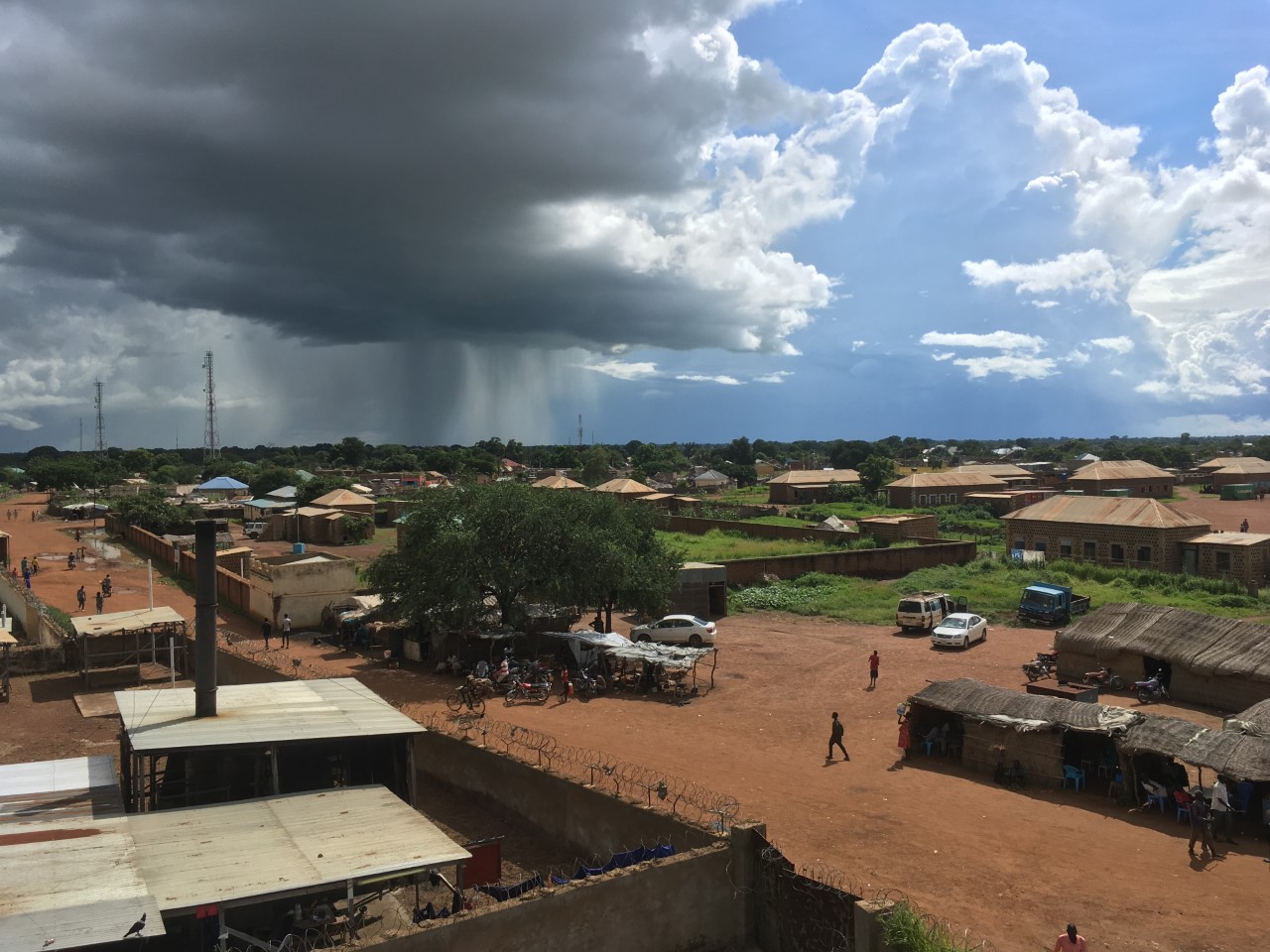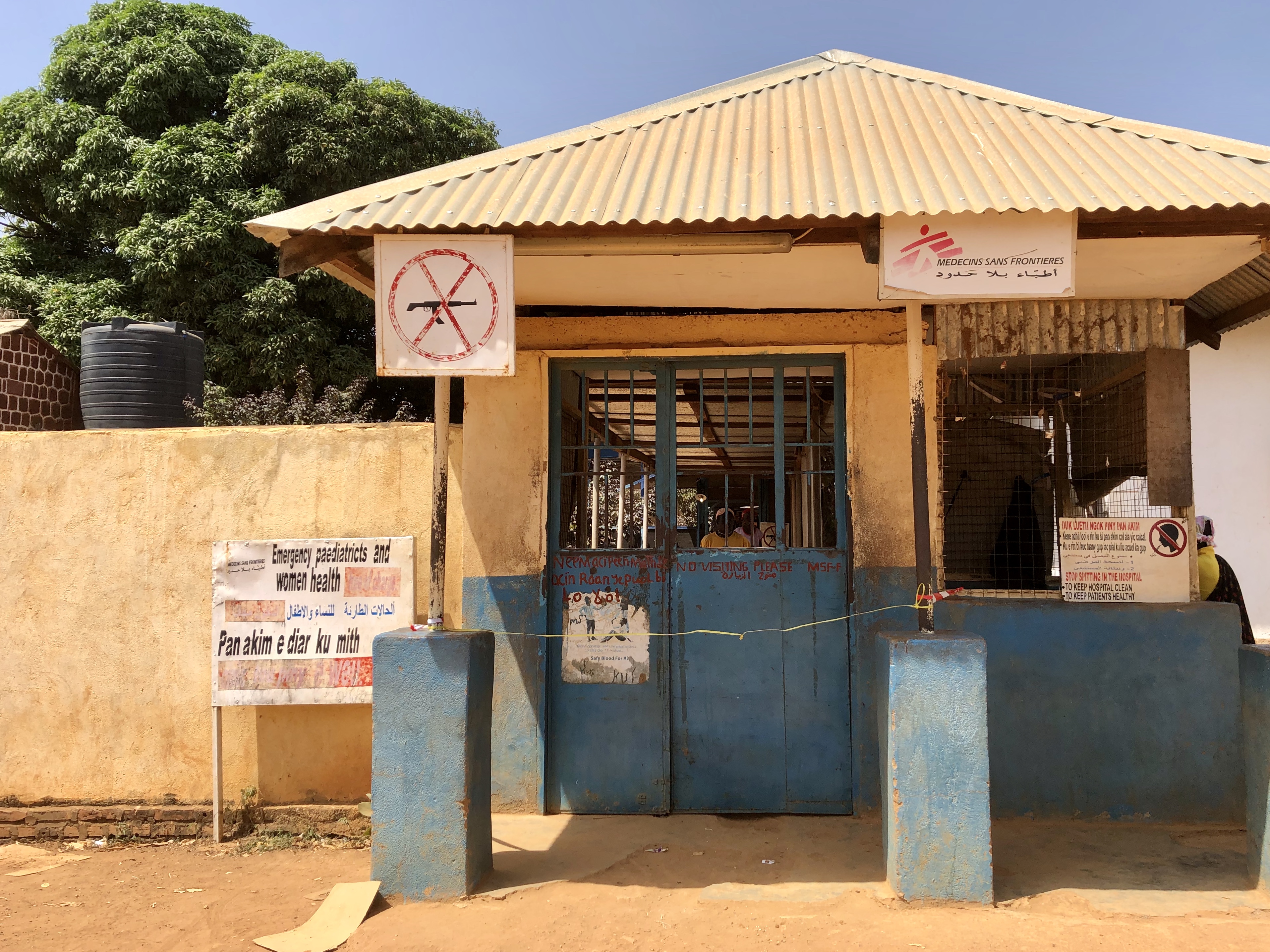Working as a paediatric doctor for MSF has been a long-held dream for me, so when I was offered the position of paediatric doctor in Aweil, South Sudan, I eagerly accepted. Aweil is the capital of the Northern Bahr El Ghazal state in South Sudan and, although it is a large city, the facilities are limited. The MSF project here in Aweil falls within a big referral hospital, which has adult and outpatient services run by the Ministry of Health.
MSF took on the paediatrics and obstetrics departments 12 years ago. The vast majority of the 400 or so staff in the MSF hospital are South Sudanese, including a small group of highly skilled general doctors. The role of the paediatric doctor here is to support the general doctors, clinical officers and nurses, particularly with more unwell patients in the paediatric intensive care unit (PICU) and neonatal unit.





